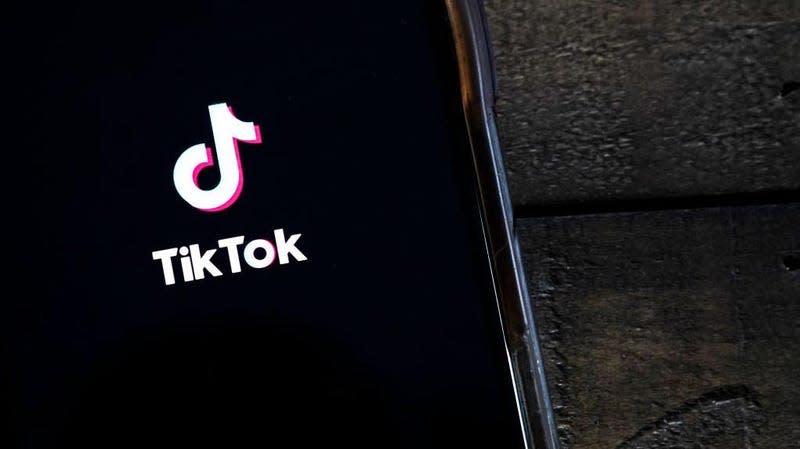Does TikTok Deserve To Be Banned for How Dirty It Treats Black Creators?

Black creators played a pivotal role in getting TikTok to be the behemoth it is today. Yet we’ve had to fight for years for acceptance and recognition of our contributions. White people have made millions from stealing our creativity and passing it off as their own, so egregiously that we boycotted the site in 2021.
So, given the possibility that TikTok will be banned in the United States, should Black people even care?
Now that the House approved legislation that would ban TikTok from being available in the United States. Specifically, the bill requires that ByteDance, owner of the app, sell the company within the next six months for it to stay available in the states, according to CNBC.
The bill will now go to the Senate. If it approves the ban, the popular app might shut down in the U.S. and leave its millions of users high and dry — which many Black users might consider it’s just desserts.
History of TikTok’s poor treatment of Black people
Remember the “Renegade?” It’s a dance that took over the world just as TikTok was starting to become the most popular social media app in the world. The creator is Jalaiah Harmon, a young teenager from Atlanta who just loves dancing for social media.
She has since been recognized for creating the viral dance. But initially, she was not fully enjoying the fruits of her labor.
While Harmon was hopping in the comment section of other videos, pleading for people to give her credit for the dance, others were gaining clout off of her work.
Charlie D’Amelia, arguably the biggest star on the app, was deemed the “CEO” of the dance even though she was simply a participant like everyone else. Though this is the most known instance, there are several times Black creators haven’t been given the credit for creating trends, and in return, others profit more than they do.
In September 2023, two Black TikTok employees claimed in a lawsuit that they were fired after they complained about racist behavior in the workplace, according to NPR.
One of the employees, Nnete Matima, was the only Black employee out of 40 who worked on the North American Sales team. She said that during her first week on the job, she was patronized by her managers and that she was given more work than her white counterparts. She later learned that her supervisors would call her racial epithets behind her back and would often refer to her as a “Black snake.”
The other employee, Joel Carter, who worked as a risk analyst, says he was treated fairly initially. But he alleges that his treatment aligned with Matima’s after he was promoted. He says that he was treated worse than his white colleagues and that he was described as “tense” and “angry” when that was not the energy he gave off.
When both filed multiple complaints with the company, it determined that there was no racial discrimination. Their complaints allegedly resulted in more retaliation and both were eventually fired.
Silencing Black Lives Matter Supporters
We didn’t forget about the allegations TikTok faced in the middle of the George Floyd protests.
In the summer of 2020, many creators claimed that they were essentially being silenced for posting content that supported the Black Lives Matter movement, which resulted in their videos declining in viewership and engagement. Specifically, it appeared that posts that had “#BlackLivesMatter” and “#GeorgeFloyd” in the caption received zero views.
Although the app claimed it was a technical glitch, this wasn’t good enough for Black creators.
In May 2020, Black TikTok engaged in a “Black Out,” in which users peacefully protested the censorship and racism of Black creators on the app. People who participated in the “Black Out” changed their profile picture to a Black power fist, only liked and followed Black creators, and created awareness videos in which they would bring attention to racism on the app.
Although TikTok eventually apologized, promising to do better in a lengthy statement, Black creators claimed that little had changed, saying they continued to see problems on race, according to NBC.
Black Creators Banned
There have been countless cases of Black creators on the app claiming that their accounts have been banned for reasons that do not make any sense.
Of the many, some users claimed that they were banned after they received racist and threatening messages, not the other way around.
One user in particular, Cahleb E. Derry, told BuzzFeed News that his account triggered a ban due to the harassment and hate he was receiving from white supremacists in 2021.
Another user, Minnie Parks, said her account was banned out of the blue around the same time, saying, “All I do is simply educate and respond to racism and hate. And a lot of people don’t like that.”

